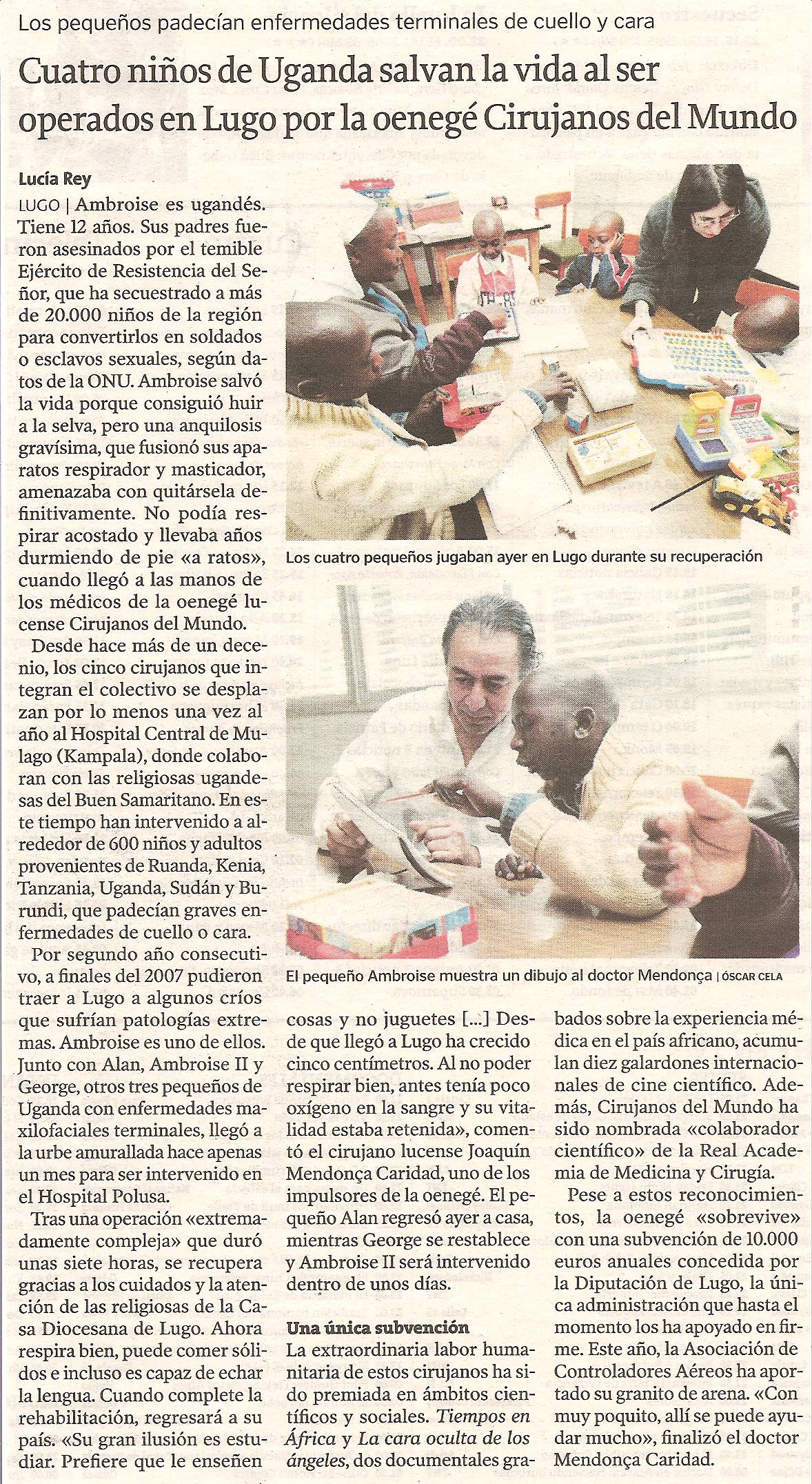A bit of history
In 2003, a group of air traffic controllers from both Tenerife airports got together with the idea of helping people in need. We were not the only ones, and I remember that a colleague from Seville made a similar proposal in an USCA forum, but it received some critics and her idea died there.
Due to one of those coincidences in life, what was just a vague idea found a way forward when I knew about an old fellow workmate, who had funded a charity in Bolivia, looking for funding for a project in biomass energy equipment.
 I found the idea fascinating: biomass energy equipment uses the fermentation of the faeces to produce gas for cooking or lighting. This technology already existed in India, but this charity had been able to, through small modifications, adapt it to the temperature and humidity conditions in Cochabamba, in the Bolivian high plateau.
I found the idea fascinating: biomass energy equipment uses the fermentation of the faeces to produce gas for cooking or lighting. This technology already existed in India, but this charity had been able to, through small modifications, adapt it to the temperature and humidity conditions in Cochabamba, in the Bolivian high plateau.
A basin is built with cheap and common materials, and in it the faeces (usually from the family’s animals and pets) ferment. Once the process is ongoing, one only needs to simply add more faeces in order to obtain gas on the one hand, and concentrated fertilizer on the other.
So, with this in mind, we began collecting money from the volunteers in both units, and at the same time we began the paper work to set up our new Association. None of us had any experience in this field, so we had to learn as we went on. In December 2003 we held our first Assembly, wrote our statutes and inscribed ACAS in the Canarias official register.
From the very beginning we realised we would help better if we collected the funds and then let other charities do the field work. Our efforts were focused on convincing our fellow controllers about the need to fund projects of development, and on collecting the fees needed for such funding.
As the number of donators increased, we found the need to diversify our actions, so we asked other charities to present their projects to us. And this is how one of our basic characteristics was developed, that is, the ACAS’ Annual Projects Presentation, where we choose which projects to support. We also had to develop a voting system for the majority of members, who do not live in Tenerife. Therefore they are unable to attend the Assembly.
Association Today
As we said at the beginning, we have been working for over a decade, and in this time the Association has consolidated the way of functioning and organising its activities
The highest decision-making body is the General Assembly, to which all the members can attend, and which meets twice a year: once in March, to approve the accountability of the previous year, the budget of the current year, to call for new projects and, every two years, to renew the Executive Board; and once in November, when we choose the projects that will be funded during the following year.
The Executive Board deals with the day-to-day work and prepares the issues to be discussed during the Assembly, which has to support or reject all the actions and decisions taken by the board. It is made up of seven members (president, vice president, secretary, treasurer and three spokesmen) elected every two years.
The way we work is pretty simple. The main communication channel between members and board is through our website (www.acas-ong.org) and our email (informacion@acas-ong.org). We have also created a Google group (acas-ong) which allows communication also among members. We are trying to establish a network of delegates in each unit, or at least in those units where there are controllers affiliated to ACAS, in order to improve the communication between the association, its members, and those controllers that are not members yet, but are interested in knowing a bit more about us.



